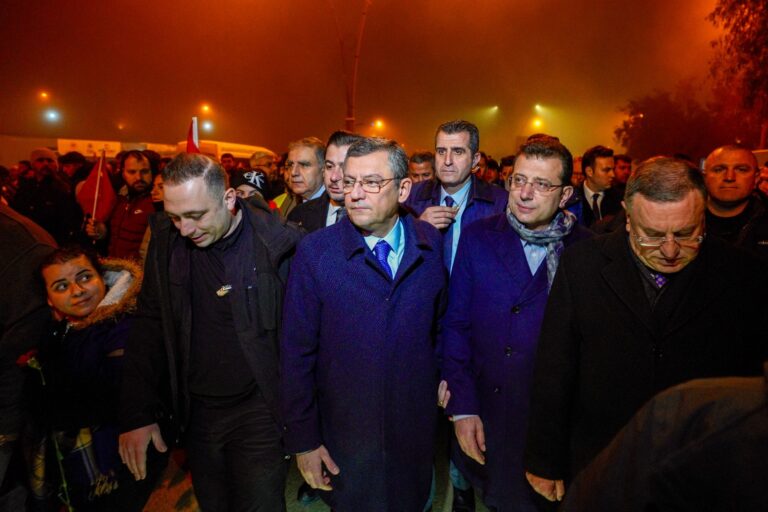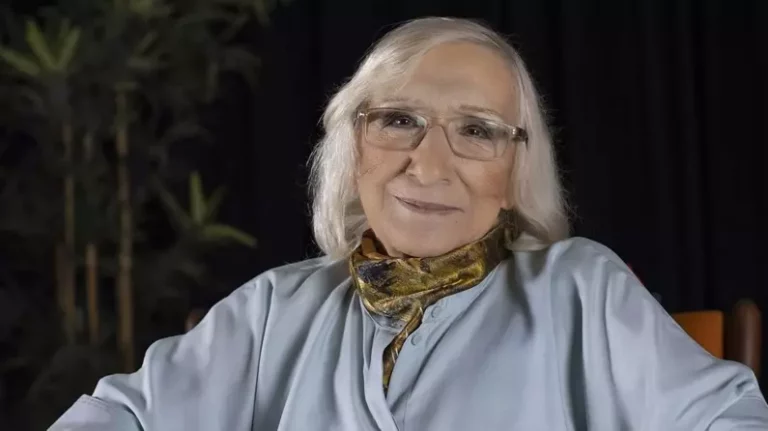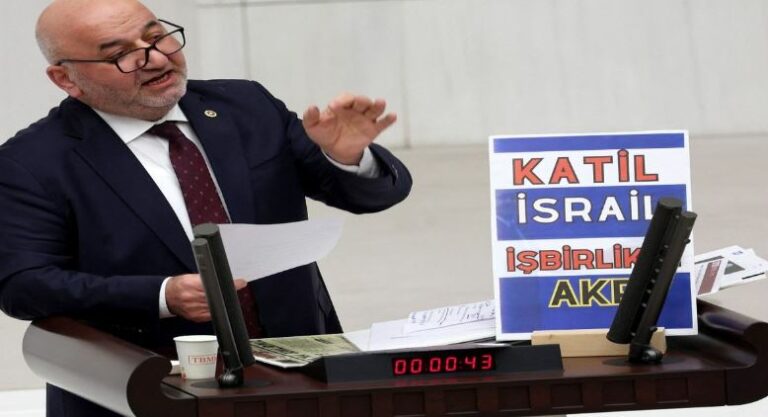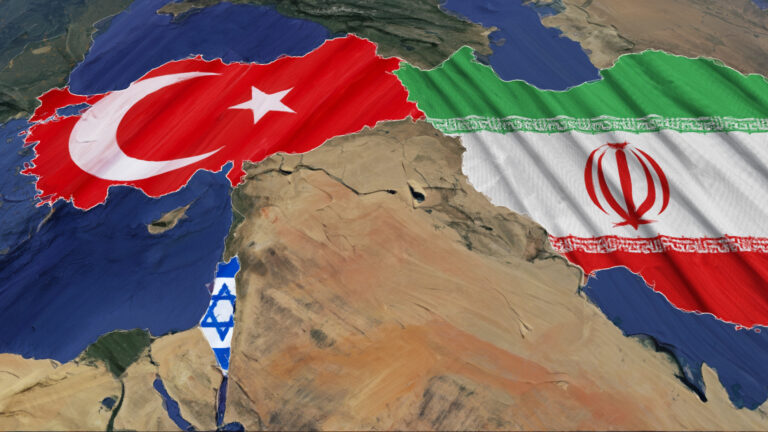by Leo Kendrick
Faced with record-breaking case numbers in recent days, Turkey is on its way to yet another coronavirus peak, fuelled by the contagious new Omicron variant, first detected in the country on 11 December as announced by Health Minister Fahrettin Koca. As the record-breaking daily cause numbers approach 70,000, questions have shifted towards how the new wave may affect Turkey’s public health system. While case numbers have risen dramatically, hospital capacity and ICU availability remain under control, and the sharp increase in cases has not yet been reflected in the country’s daily coronavirus death count.

Regarding the status of Turkey’s fight against the virus and its preparedness against the surging new variant, Medyascope‘s Işın Eliçin interviewed Physician Dr Nuriye Ortaylı for Friday’s This Week in Turkey segment. Criticizing lack of government action in preparing for the new variant, Ortaylı said “We knew that Omicron was coming. We had access to data from South Africa and the UK, which got hit earlier than Turkey, about how Omicron was going to spread. But as usual, the government didn’t act on it.”
Turkey’s severe and well-publicized economic crises during the month of December also played a role in lack of preparedness for the Omicron wave “Also in December, we were so occupied with what was happening economically in the country…the public’s attention was not on the coronavirus,” said Ortaylı.
This past week, Minister Koca also announced the shortening of recommended quarantine guidelines for individuals who test positive for coronavirus to seven days, in line with recent changes made in the United Kingdom and the United States. Ortaylı, however, criticized this change, saying it was made simply by copying changes in the British and American guidelines without taking into account the local Turkish context. In the United Kingdom, for example, shortening of quarantine time was reportedly driven by a shortage of hospital staff, as some 10% of medical workers are currently in isolation due to coronavirus positive tests or exposure. Therefore, the change in British guidelines to seven days was less related to the transmissibility and contagion of the new variant than it was to a need to free up quarantining workers for under-staffed hospitals, a trade-off British health authorities considered a risk worth taking. Ortaylı characterized this change made simply by emulating the British changes as foolish given that a risk of virus transmission after seven days is very real, and Turkey is not currently suffering from a shortage of medical workers due to isolation requirements as is the case in Britain.
Citing the original patterns seen in the initial Wuhan virus outbreak in spring of 2020, Ortaylı said the outbreak of new variants in Turkey typically follow European countries by a several-week delay, as European countries are the most common sources of new variants introduced to Turkey. Based on this pattern, the peak of the current Omicron surge “will likely be in the first or second week of February, and we must be ready for that.”
Treatment of medical workers and their working conditions in Turkey, an issue throughout the pandemic, also remains a significant problem according to Ortaylı. The doctor cited a recent pay increase for healthcare workers that was discussed, only to be canceled at the last minute. Resignations have also caused the overall number of healthcare workers to decrease, which could affect the county’s preparedness for an eventual Omicron surge, despite wide availability of ICU beds. “We are still treating our healthcare staff incredibly rudely, savagely,” she said, “We are seeing healthcare staff resign, even emigrate to other countries.”
The Turkish Health Ministry’s ongoing vaccination campaign, which has recently included the introduction of a domestic coronavirus vaccine Turkovac in recent weeks, was also a subject of criticism for Ortaylı: “The government keeps vaccinating and revaccinating the same group of people.” According to Ortaylı, the government has also not taken an active enough role in fighting vaccine hesitancy. Despite aggressive government campaigns regarding mask usage and hygiene seen earlier in the pandemic, a similarly assertive campaign against vaccine hesitancy has still not been seen in Turkey. “Now they are giving boosters to those who have already been vaccinated, which is not as valuable as vaccinating those who haven’t had a single dose…It is more important to reach those people.”

Regarding skepticism by some medical experts about the new Turkovac vaccine, Ortaylı said “If you asked whether you should get the Turkovac vaccine tomorrow, I would say wait a little bit because we still haven’t seen the data.” Various Turkish medical associations have applied to the Ministry of Health several times to see the data, which was not shared even with them. Regarding data collection, analysis, and sharing by the health ministry, Ortaylı said “It’s pathetic…there is a problem of competency, not only keeping the data from the public. And the data that is shared does not look like it’s prepared by someone who knows what they’re doing, who knows how to analyze data.”
Turkovac received emergency approval by the Turkish Health Ministry in late December, and it is being promoted as a booster-shot option for citizens seeking their third jab. The vaccine, developed by scientists at Erciyes University, is also expected to be distributed to countries behind in their vaccination campaigns. At a recent conference with several African countries in Istanbul, President Recep Tayyip Erdoğan committed to sending 15 million Turkovac doses to the continent.
Medyascope'un haftalık e-bülteni
Andaç'a abone olun
Editörlerimizin derlediği öngörüler, analizler, Türkiye’yi ve dünyayı şekillendiren haberler, Medyascope’un e-bülteni Andaç‘la her çarşamba mail kutunuzda.














